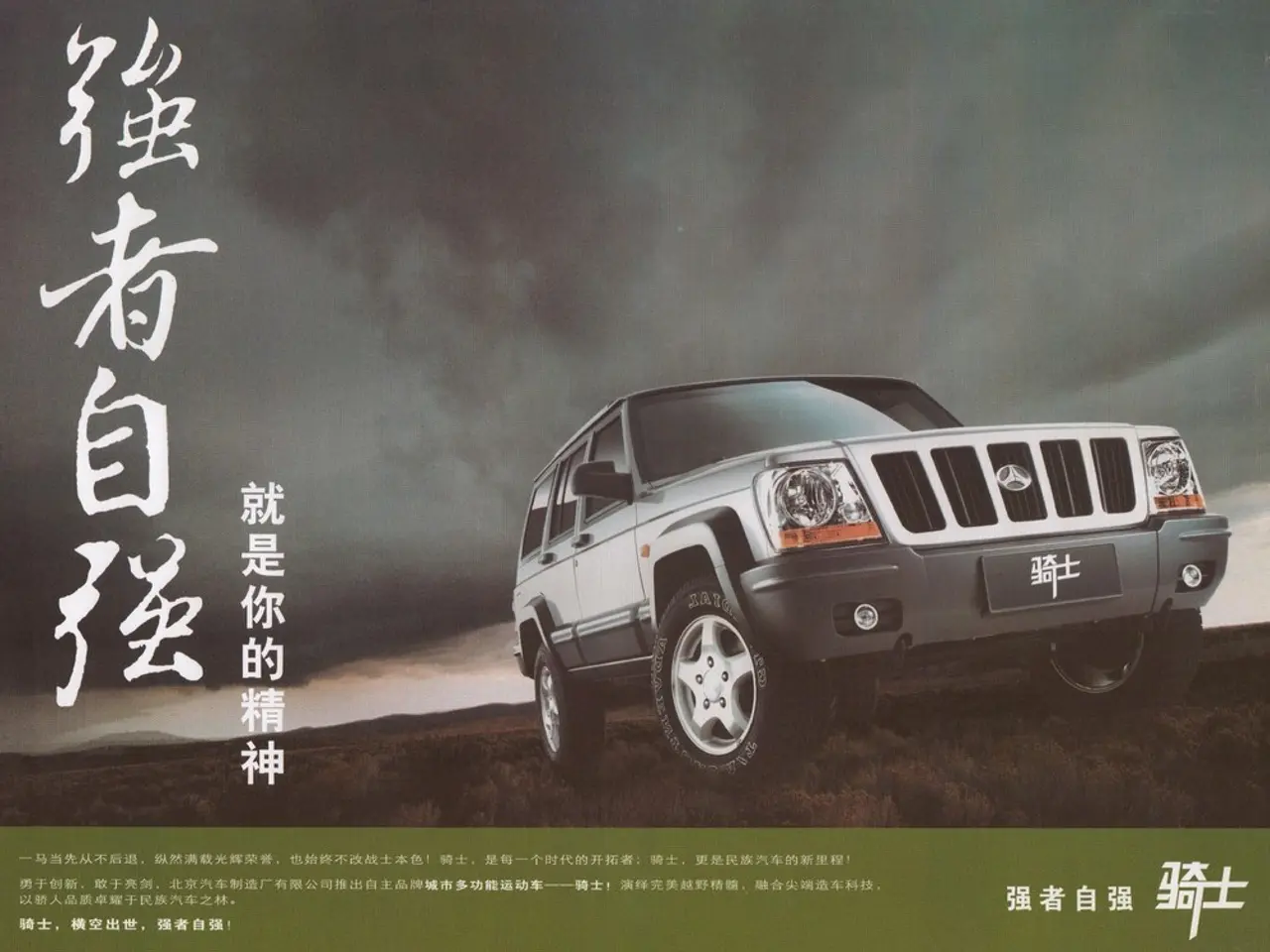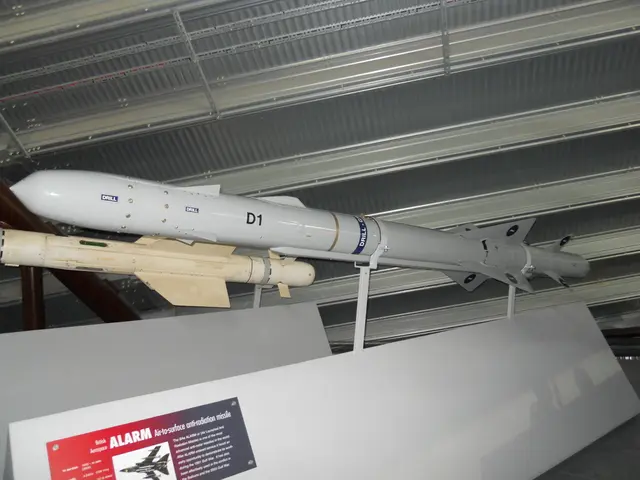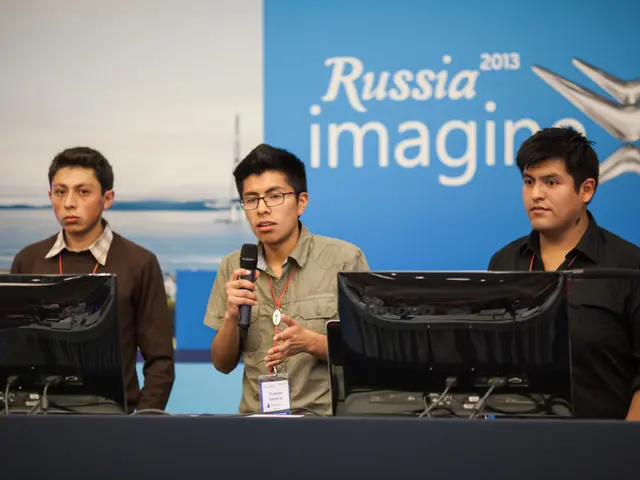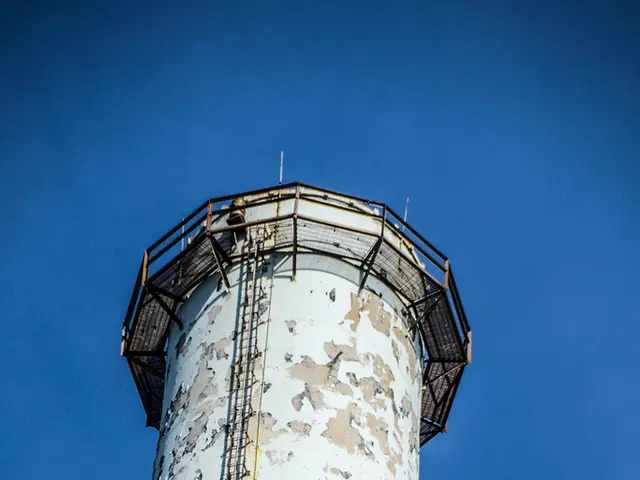Slovakian Prime Minister chooses to engage in a meeting with Russian President Putin, defying the expectations of the European Union.
In a recent development, Milan Uhrík, a Slovak MEP for the ESN group, has revealed that the European Union (EU) is preparing a new package of sanctions against Moscow. This announcement comes as the EU seeks to exert pressure on Russia following its invasion of Ukraine.
However, not all EU countries are equally eager to sever ties with Russia. Slovakia and Hungary, in particular, remain heavily dependent on Russian oil and gas imports, a situation that contrasts with their neighboring countries that have successfully transitioned away from such reliance. Slovakia, in fact, buys almost all of its oil from Russia.
This dependence has been a point of contention within the EU, with almost every other member state having significantly reduced their Russian energy imports. Aura Sabadus, an analyst at the Independent Commodity Intelligence Services (ICIS), has noted that alternatives for oil supplies are available via Croatia's Adriatic terminal or pipelines through Germany, Poland, and Italy. Yet, Slovakia has chosen not to exploit these options.
The EU foreign policy chief, Kaja Kallas, has made it clear that Russia will not regain access to its frozen assets unless it fully compensates for the damages caused to Ukraine. The EU froze around €210 billion in Russian central bank reserves following the Ukraine invasion in February 2022, most of it held by Belgium-based financial market infrastructure group Euroclear.
Despite the looming sanctions, Milan Uhrík has expressed skepticism about their effectiveness. He questions if anything has changed with these sanctions as the war in Russia continues. Uhrík has also suggested that Slovak Prime Minister Robert Fico's upcoming trip to China should focus on practical gains for the national interests of the Slovak Republic.
Meanwhile, Fico is set to meet President Vladimir Putin in China. On September 3, President Putin will travel to Beijing for a military parade marking the end of the Asian theatre of the Second World War, where he will be joined by Chinese President Xi Jinping, North Korean leader Kim Jong-un, and several other world leaders.
The new sanctions package includes options for secondary sanctions on those backing Russia's war, as well as import bans and tariffs on Russian products and the 'shadow fleet' used to bypass oil sanctions. However, the fate of these sanctions remains uncertain, given Slovakia's resistance to EU efforts to cut energy ties with Russia.
Recently, Slovakia has faced criticism for Fico's attendance at Moscow's Victory Day parade in May. This trip, along with his upcoming meeting with Putin, has raised concerns in EU capitals about Slovakia's commitment to the EU's collective stance against Russia.
As the global political landscape continues to shift, the relationship between the EU and Russia, particularly Slovakia's role in this dynamic, remains a topic of significant interest. The EU's efforts to impose sanctions on Russia and Slovakia's resistance to these measures will likely shape the course of these relations in the near future.








